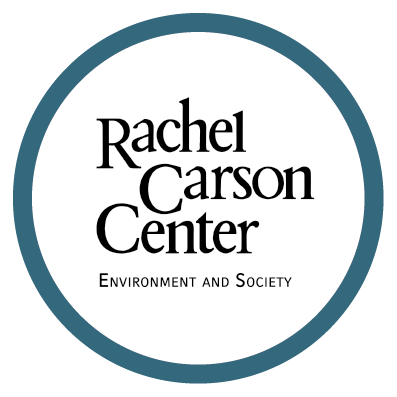We are all Earthlings: Challenges for Historians in a More-than-Human World
For hundreds of years, if historians wanted to understand where humans were coming from and where they might be heading, it could suffice to tell stories of heroic individuals who were able to bend the world to their will, stories of war and peace, of economies and politics. This had slowly changed over the last half century. First, when social and cultural historians pointed out that communities mattered as much as individuals, perceptions as much as actions; and more recently, when environmental historians began to study human interaction with the natural world over long periods of time, emphasizing the active role that nature has played in this relationship. Over the last few years - in the wake of human-induced climate change and the global pandemic - we have come to realize that we cannot think the human as separate from the rest of nature. Viruses know no border, they operate globally, in animals and humans alike. Human activity has engraved itself deeply in the surface of the earth and into atmospheric processes, landscapes are co-created by more-than-human bodies, and the molecular composition of human bodies resembles that of our galaxy. A focus on human actors (the traditional métier of historians) and on human impact (the perspective of social scientists) seems strangely outdated. How can we hold on to human action and responsibility for the planet? For a fragile earth whose biological capacity we are consuming at record-speed? How can we (westerners) rethink human relations with the more-than human world? (How) can we write history for the 21st century?
Christof Mauch is Director of the Rachel Carson Center for Environment and Society (a Käte Hamburger Kolleg), and Chair in American Cultural History at LMU Munich. He is an Honorary Professor at the Center for Ecological History of Renmin University in China, a past President of the European Society for Environmental History and a former Director of the German Historical Institute in Washington, D.C. (1999-2007). His recent books include Slow Hope: Rethinking Ecologies of Crisis and Fear (2019), Urwald der Bayern (2020), and Paradise Blues: Auf der Suche nach der amerikanischen Natur (in print).



